
style over sustainability: being a conscious consumer in the era of fast fashion
In the first of three pieces in a series on sustainability, Jess Lumb explores how women can shift their shopping habits to become more conscious consumers.

it’s time to get your knickers in a twist
Emily O’Dowd writes about the recent trial in her hometown of Cork, which sparked the #ThisIsNotConsent movement, discussing the problematic ways in which rape victims are treated, even now in 2018.

challenging the idea that 2018 is ‘too politically correct’
Heather Whelan examines the recent debate on social media platforms such as Facebook and Twitter about 2018 being 'too politically correct', paying particular attention to the recent controversies surrounding Apu's characterisation in The Simpsons.

who we are and who we are not: processing the us mid-term elections
Ciara Hayden contributes a personal discussion centred around both family life and her own independence, interweaving her experience of American politics following the 2018 mid-term elections.
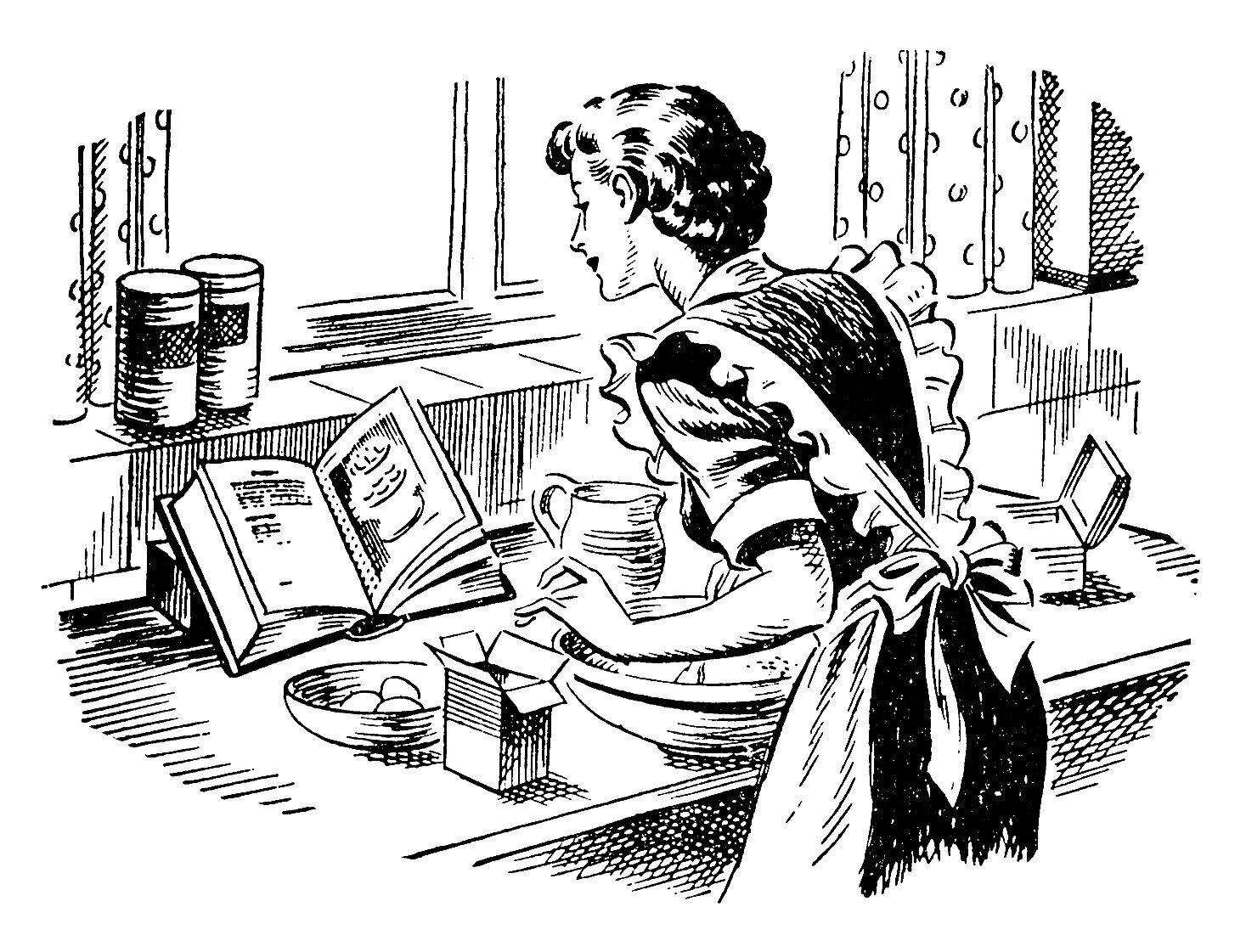
are submissive wives anti-feminist?
Feminism is a huge part of socio-political discussion worldwide. Natasha Gkogkou debates whether the movement is as inclusive as it claims to be.
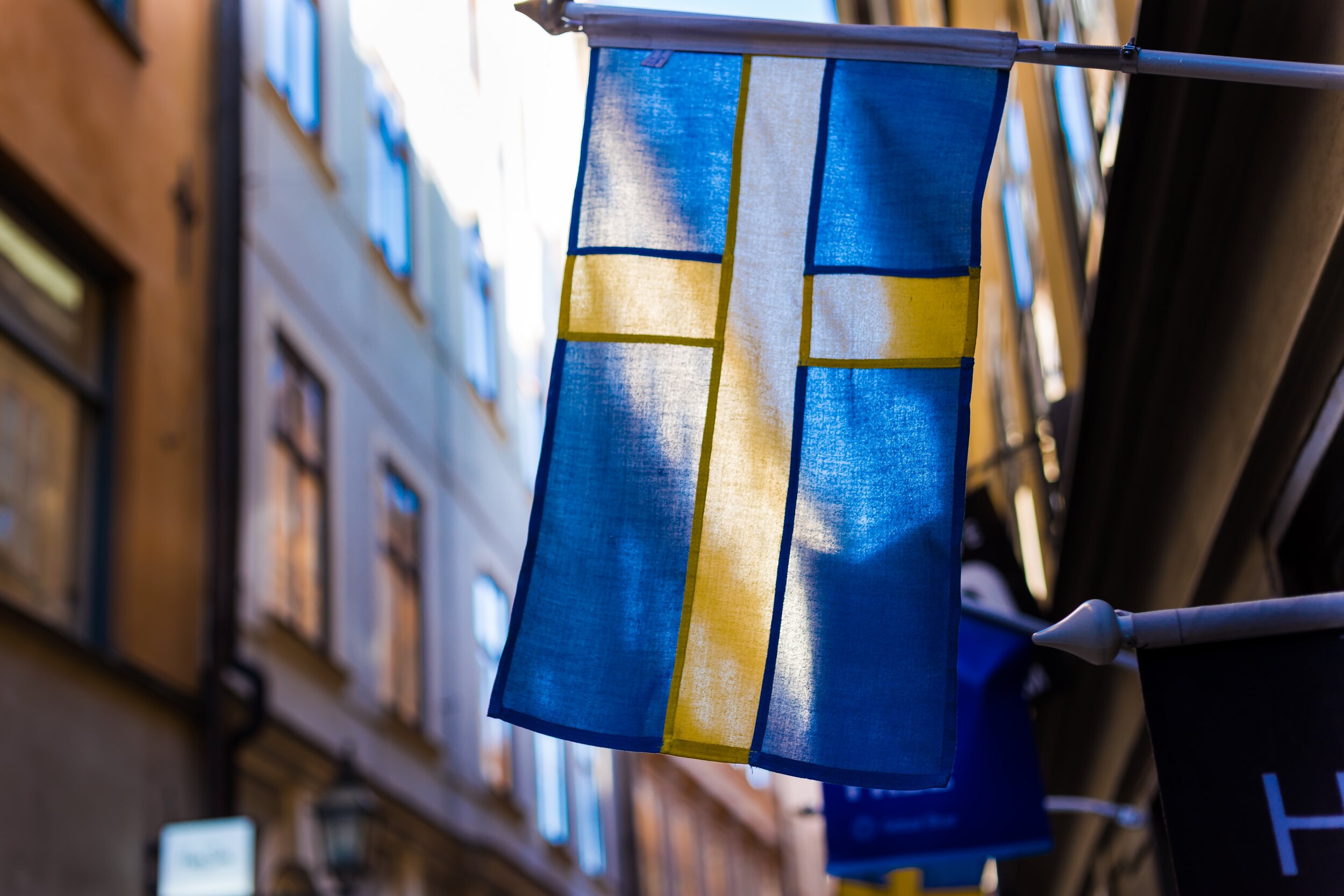
negotiating gender in public spaces
Abrisham Ahmadzadeh writes on the necessity for the UK to take action in gendered public spaces and advocates for the active inclusion of the non-binary population.

education is the most powerful weapon you can use to change the world
Olivia Nielsen discusses education amongst girls - those who are denied it across are world, and those who recieve it but are not necessarily taught to use it.

are white women effective tools of the patriarchy?
In this piece on privilege, Katie Buckley examines the role that white women play in reinforcing the patriarchy.

kavanaugh and our fight back
This week, Emily O'Dowd explores the differences between past assault cases and the current Kavanaugh hearing within the context of the #MeToo movement.

we can all do something to reduce the gendered impacts of homelessness
Saffron Roberts discusses the damaging effects that period poverty has on the lives of women and explains what she is doing, and what you can do, to take action.
mooncup musings
Hennie Ward discusses her personal experience with a menstrual cup and the necessity to deconstruct the stifling taboo surrounding periods.

apparently size does matter; but, does anything else?
The recent Cosmopolitan Magazine cover featuring Tess Holliday has sparked debate on weight-bias and body positivity in the media. Emily O’Dowd suggests the real issues, however, are not being discussed.

enough with twitter’s culture of depression
Emily Taithe discusses the dark relationship between mental health and social media, underpinning the article with her own experiences of depression.
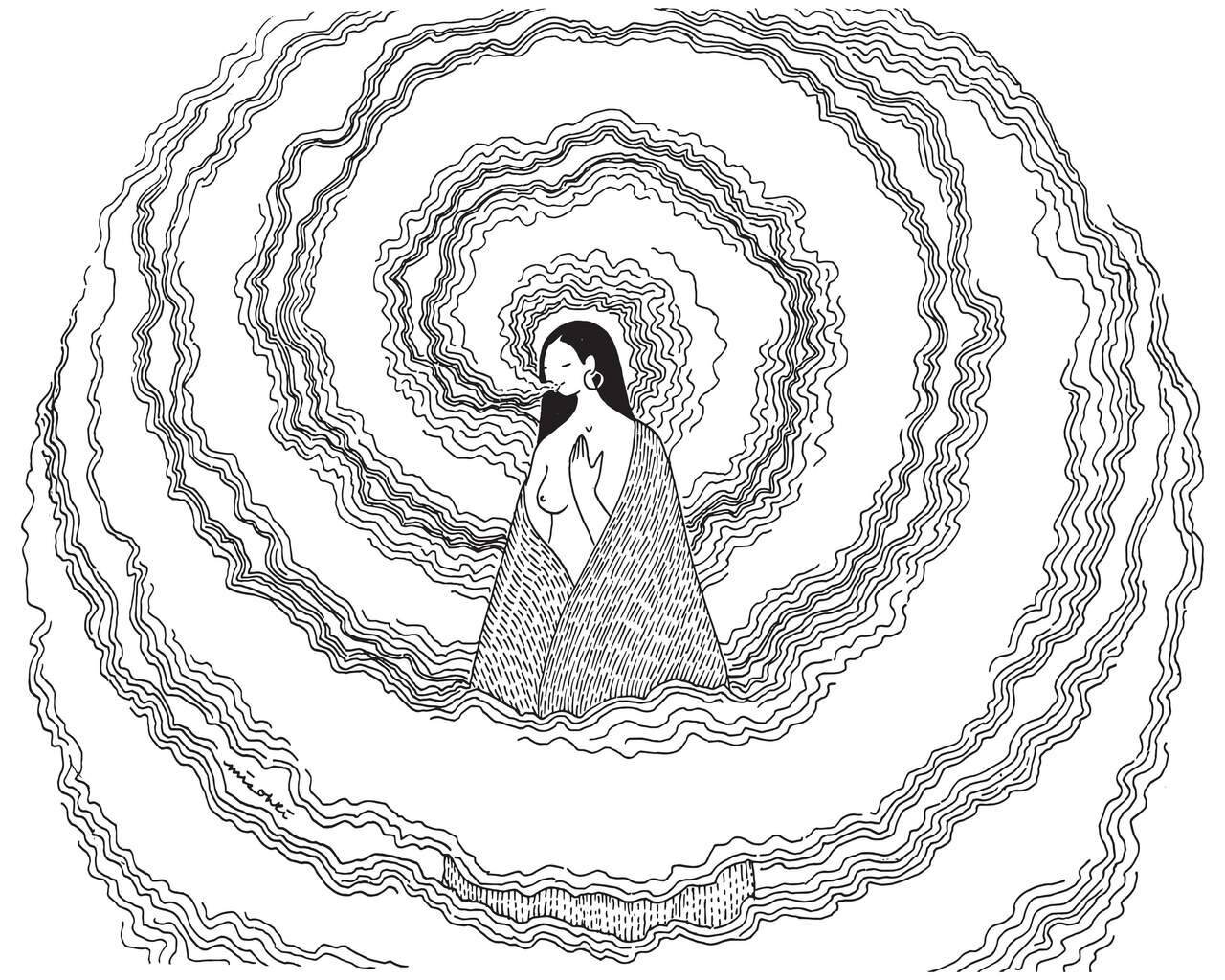
women are changing our language
Sophie Bell observes the agency of gender when it comes to spoken language and discusses the role of women in relation to linguistic change.
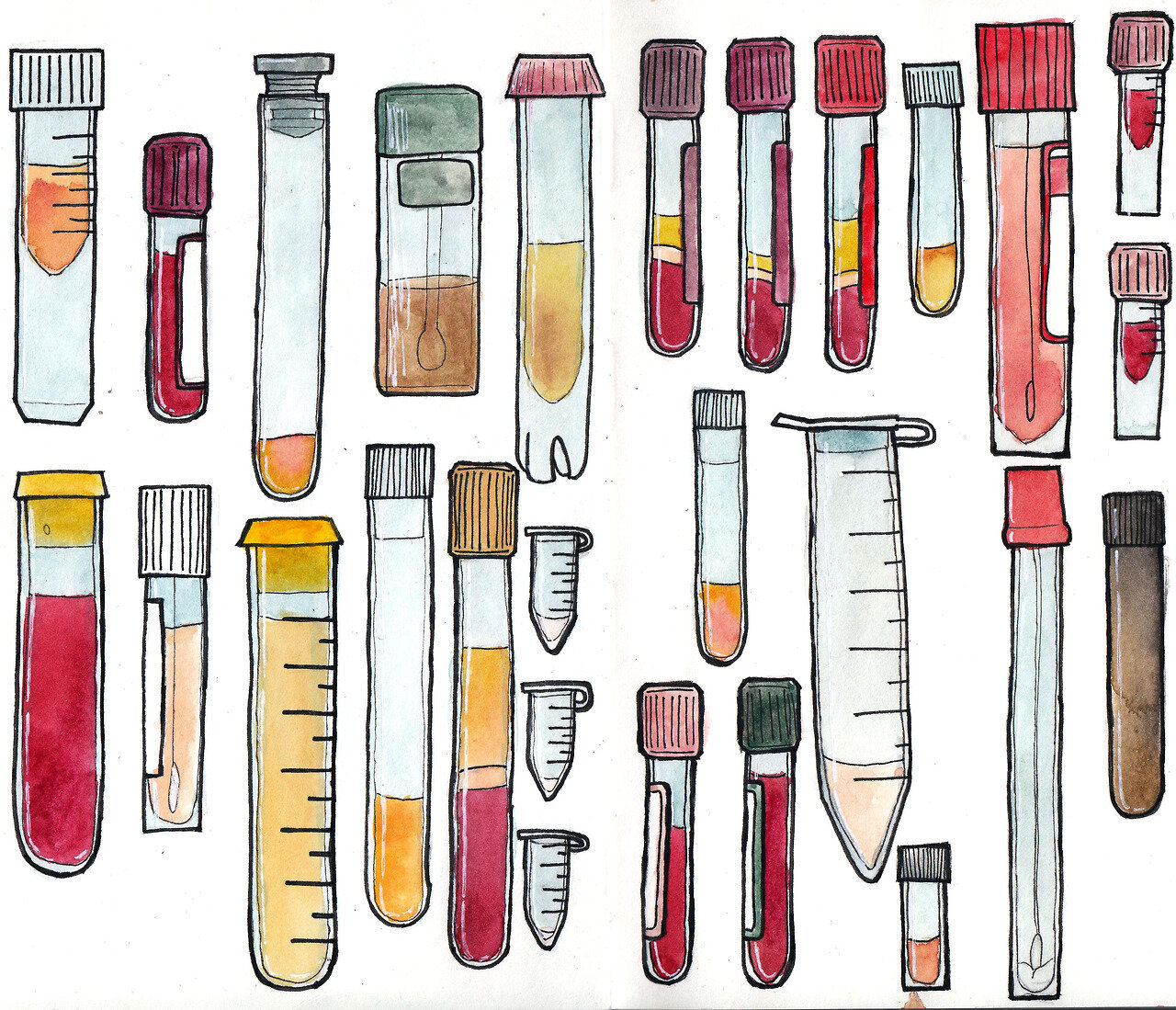
sexism in science is still alive
Vessel Zarkina discusses her experience as a woman in science and explores the day to day challenges she has faced due to her gender and working in a male-dominated industry.

the gender divisions in sport: hurdles to equality
Holly Grimes explores the disparities in pay, respect and the media coverage of women’s sports.
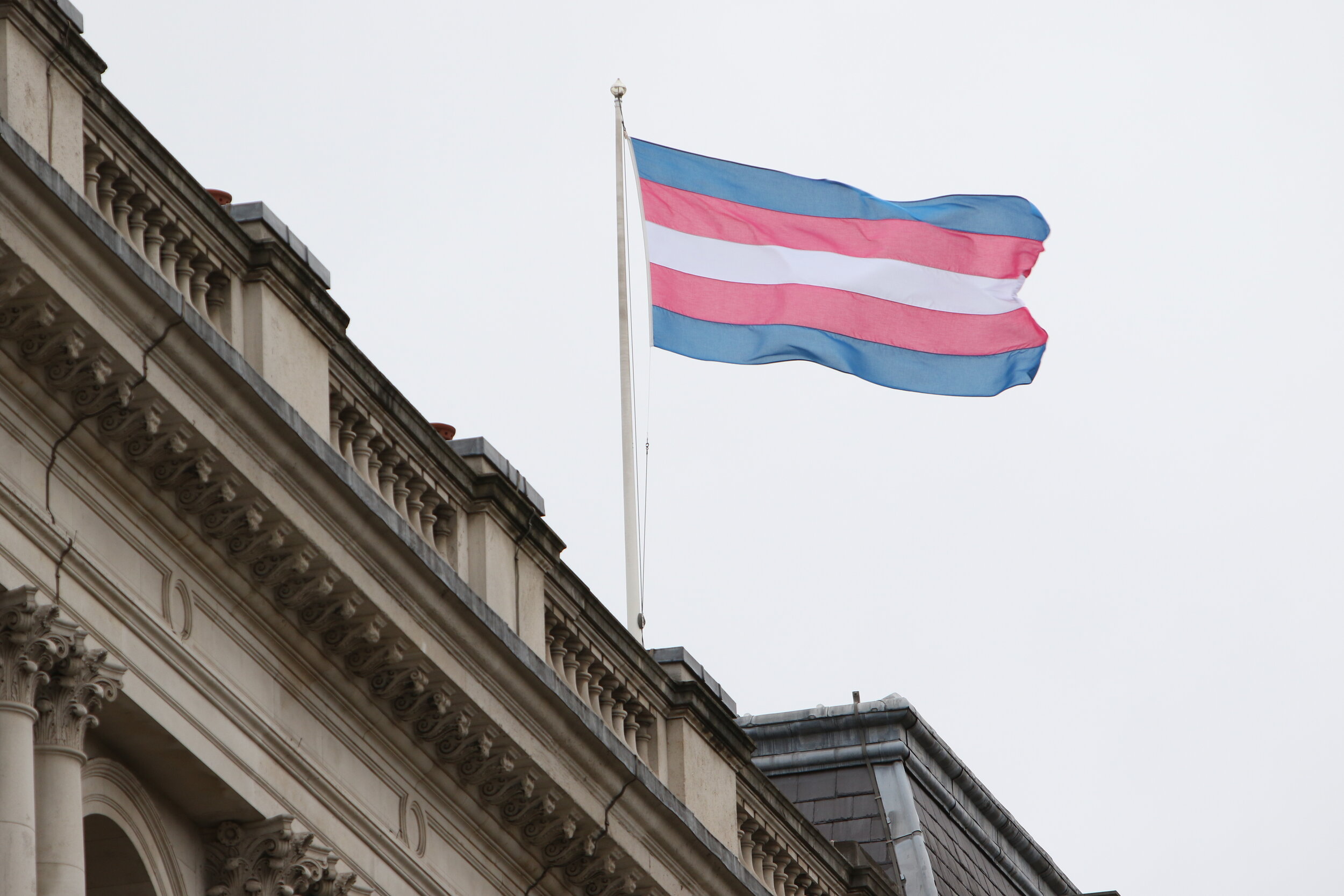
turf > terfs: ireland’s movement towards feminism for all
Emily O’Dowd observes the problematic role of Trans-Exclusionary Radical Feminists (TERFs) - honing in specifically on Ireland’s legal and social conditions with regards to gender rights .

argentine women have lost the battle but not the war
Emily O’Dowd reports on the recent political events in Argentina that shot down hopes of legalising abortion within the Latin American state.

abuse beyond the domestic sphere
This article, written by Meredith Mack, observes gendered violence and intimidation following the attack of Marie Laguerre on 24th July in Paris.

words as an instrument in female narrative
Sophie Bell considers the features which mark female speech and how they should not be a disadvantage to how female discourse is received by its audience.
